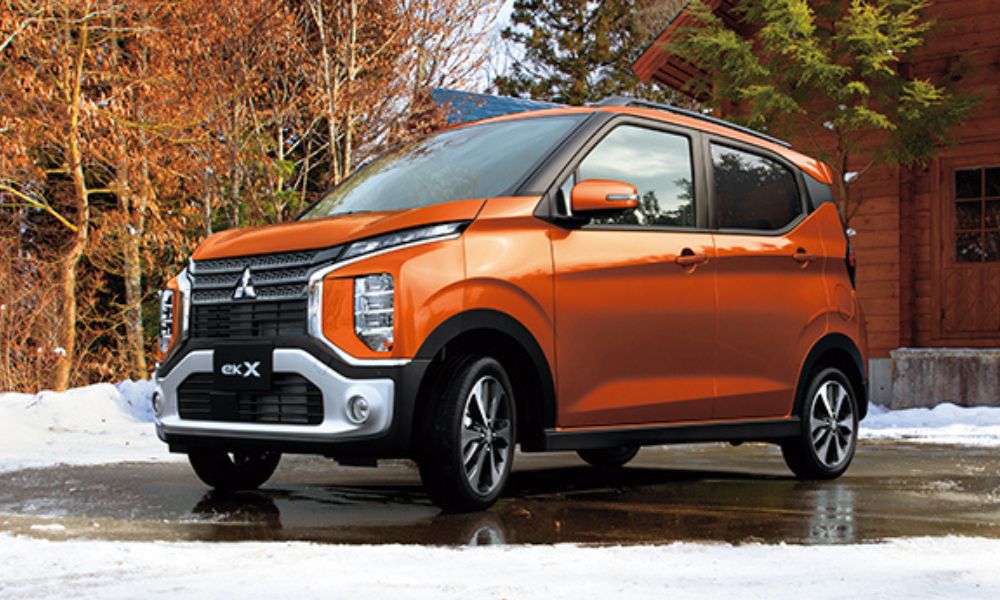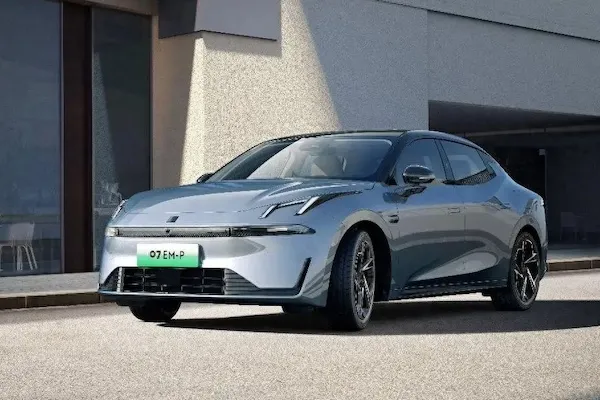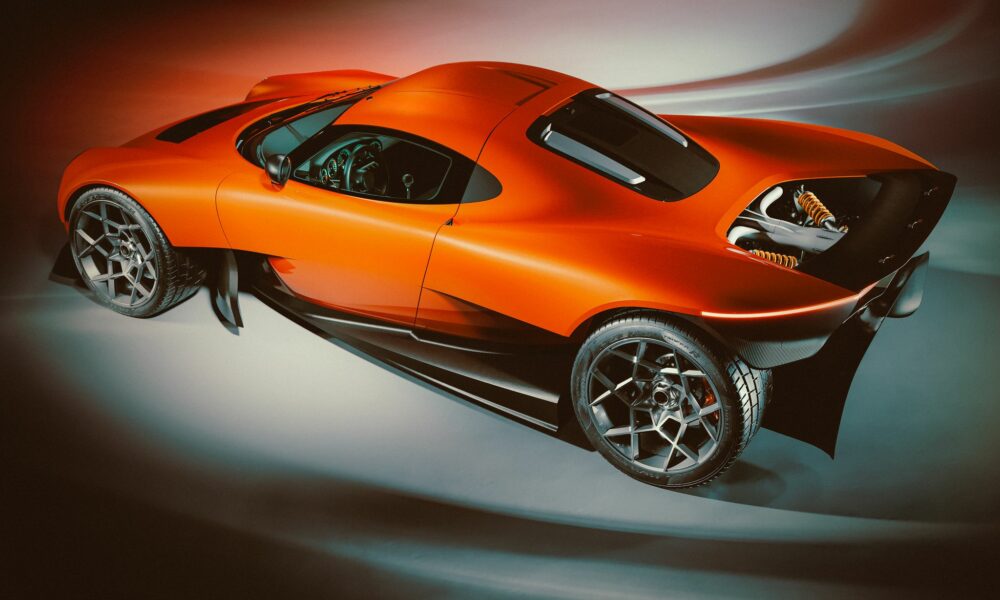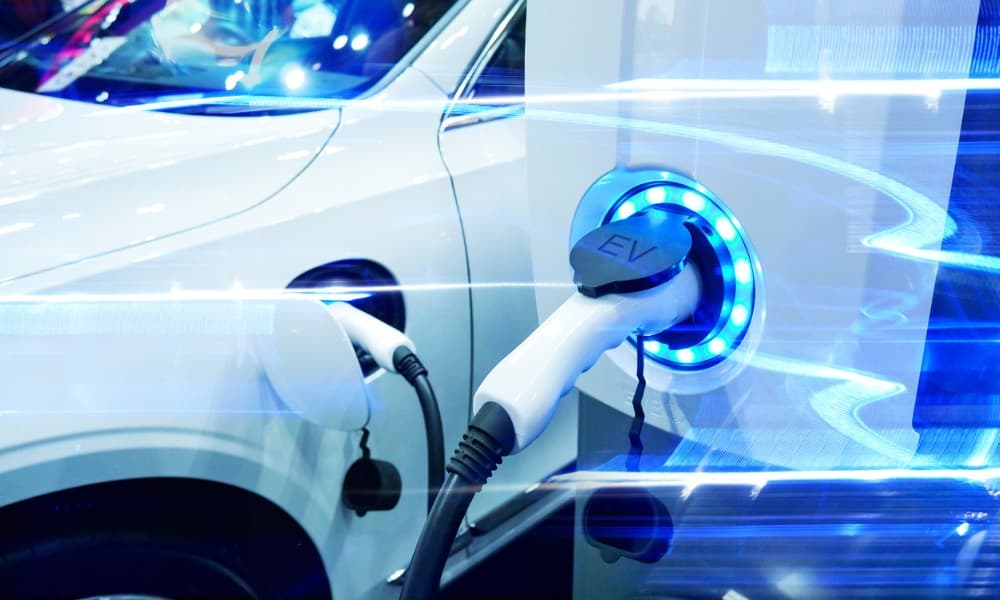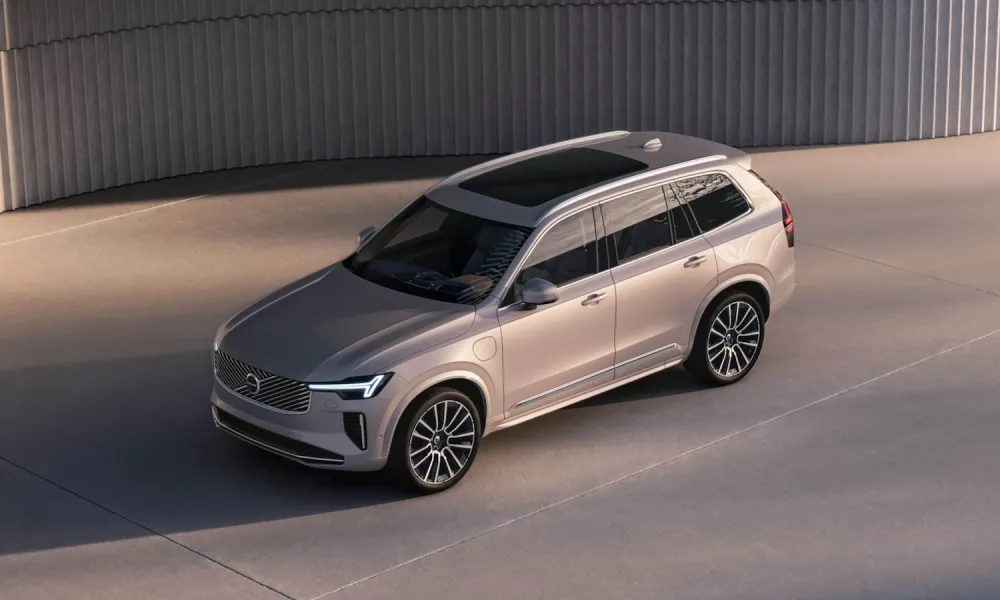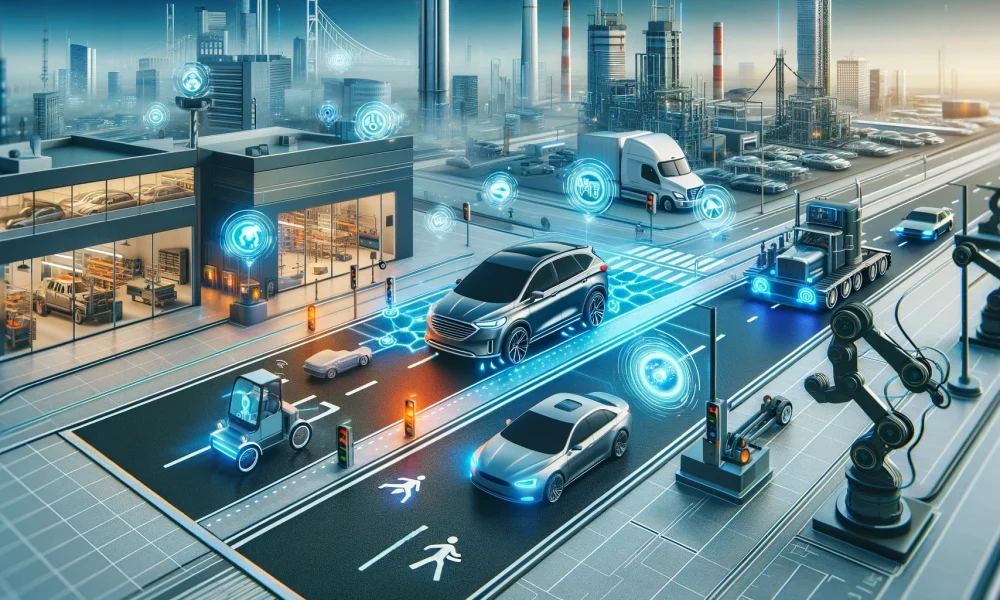The automotive industry in 2024 is witnessing revolutionary changes driven by advancements in technology, evolving consumer preferences, and a push toward sustainability. From electric vehicles to autonomous driving innovations, this year is shaping up to be transformative. Here, we explore the top auto trends of 2024 that are shaping the future of mobility and redefining the driving experience.
The Rise of Electric Vehicles
Electric vehicles (EVs) continue to dominate the automotive landscape in 2024. With stricter emissions regulations and growing environmental awareness, automakers are investing heavily in EV development. Brands like Tesla, Rivian, and legacy manufacturers such as Ford and BMW are expanding their EV lineups to cater to a diverse audience.
Key Developments in EVs
- Longer Battery Ranges: Modern EVs now boast ranges exceeding 400 miles per charge, addressing range anxiety concerns.
- Faster Charging: Ultra-fast charging networks, such as Tesla’s Supercharger V4, can charge batteries to 80% in under 20 minutes.
- Affordable Models: Companies are introducing budget-friendly EVs, making electric mobility accessible to a wider demographic.
Autonomous Driving Advances
Autonomous vehicles (AVs) are becoming more sophisticated, with significant advancements in self-driving technology. While fully autonomous cars are still a few years away, 2024 has seen Level 3 autonomy gain traction, allowing hands-free driving in specific conditions. Companies like Waymo, Tesla, and GM’s Cruise are leading the charge in this space.
Features of 2024’s Autonomous Technology
- Improved Sensors: Enhanced LIDAR and camera systems improve accuracy in detecting obstacles and road conditions.
- Connected Infrastructure: Smart cities are incorporating vehicle-to-infrastructure (V2I) technology to assist AVs in navigating urban environments.
- AI Integration: Advanced AI algorithms are enabling AVs to learn and adapt to diverse driving scenarios.
The Growth of Sustainable Materials
Sustainability has become a focal point for automakers in 2024. Beyond electric powertrains, manufacturers are exploring eco-friendly materials for car interiors and exteriors. Vegan leather, recycled plastics, and bio-based composites are increasingly replacing traditional materials.
Benefits of Sustainable Materials
- Reduced Carbon Footprint: Sustainable manufacturing processes contribute to lower greenhouse gas emissions.
- Enhanced Durability: New materials are designed to be more robust and long-lasting.
- Consumer Appeal: Eco-conscious buyers are drawn to cars that align with their environmental values.
Connectivity and Smart Features
Cars are becoming more connected than ever, with integrated technologies that enhance convenience, safety, and entertainment. The rise of 5G connectivity has enabled real-time data sharing, improving navigation, diagnostics, and vehicle-to-vehicle (V2V) communication.
Top Connectivity Features in 2024
- Over-the-Air Updates: Automakers now provide software updates remotely, enhancing vehicle performance and adding new features.
- Personalized Driving Profiles: AI systems adapt to individual driver preferences, from seat adjustments to infotainment settings.
- Enhanced Infotainment Systems: Voice-activated controls, augmented reality displays, and immersive sound systems elevate the in-car experience.
The Shift Toward Mobility as a Service
Mobility as a Service (MaaS) is gaining traction in urban areas, reshaping how people approach car ownership. Ride-sharing services, subscription models, and shared mobility platforms are offering cost-effective and sustainable alternatives to traditional ownership.
Why MaaS is Trending
- Convenience: Users can access transportation options on-demand without the responsibilities of ownership.
- Cost Efficiency: Subscription services reduce the financial burden of maintenance, insurance, and depreciation.
- Sustainability: Shared mobility models reduce traffic congestion and overall vehicle emissions.
The Expansion of Performance EVs
Electric vehicles are not just about efficiency anymore; they are redefining performance. Brands like Porsche, Rimac, and Lotus are delivering high-performance EVs that rival traditional supercars. These models feature instant torque, advanced aerodynamics, and cutting-edge battery technology.
Highlights of Performance EVs
- Record-Breaking Acceleration: Many EVs achieve 0-60 mph in under 3 seconds.
- Enhanced Handling: Low center of gravity due to battery placement improves stability and cornering.
- Future-Ready Design: Sleek, futuristic aesthetics appeal to enthusiasts and collectors alike.
Conclusion
The automotive industry in 2024 is undergoing a dynamic transformation, driven by advancements in electrification, autonomy, and sustainability. As EVs become mainstream, autonomous technology improves, and connectivity expands, the future of driving looks increasingly innovative and eco-friendly. Understanding these trends allows consumers and industry players alike to stay ahead in this ever-evolving landscape.

